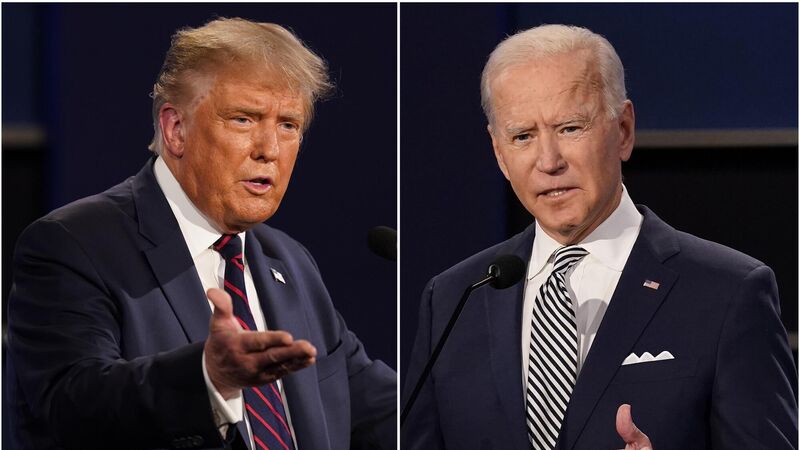High stakes for Ireland in how the US will vote

US elections have always been divisive but is even more so the case this time around.
A very unconventional US general election will come to an end when the polls close tomorrow evening.
The latest polls are pointing towards a win for Joe Biden and thus an end to a rather unconventional Presidency, both in terms of substance and style. With the memories of the last election still fresh, it is premature to call the winner just yet. What is clear however is that the winner of this election will have huge implications for the US and the world over the coming years.











